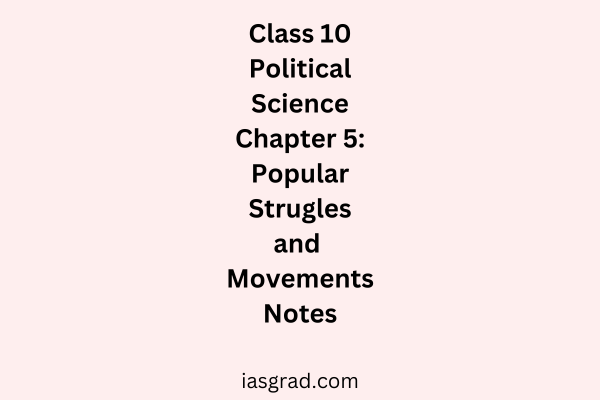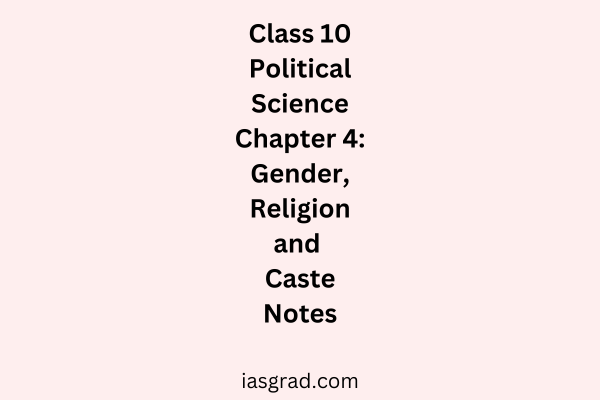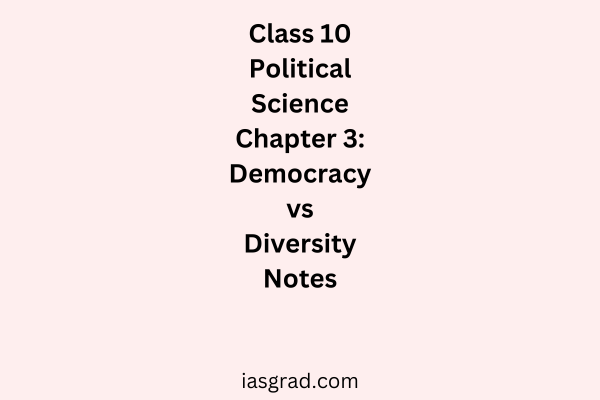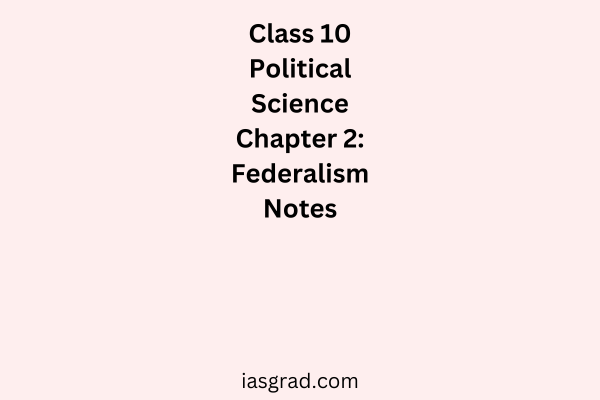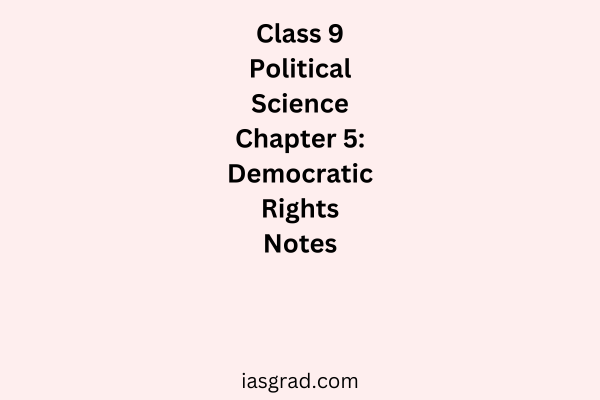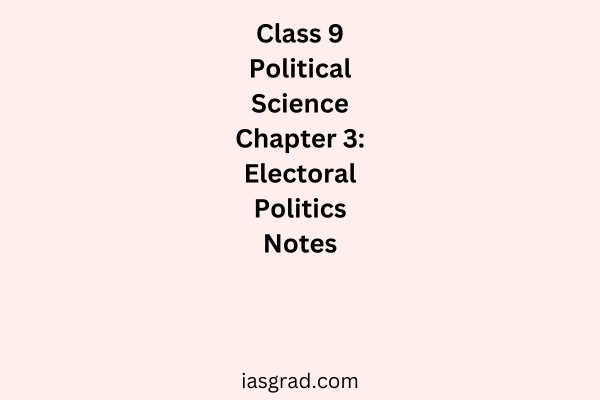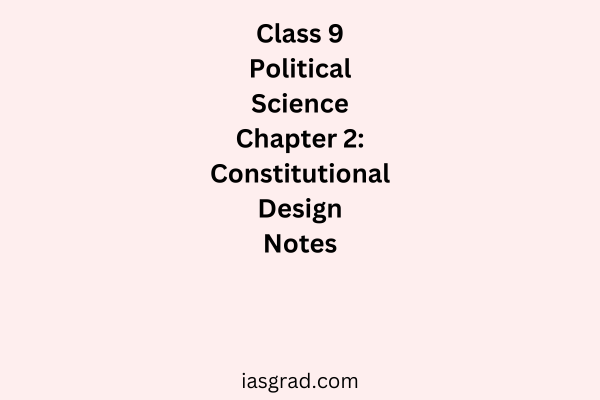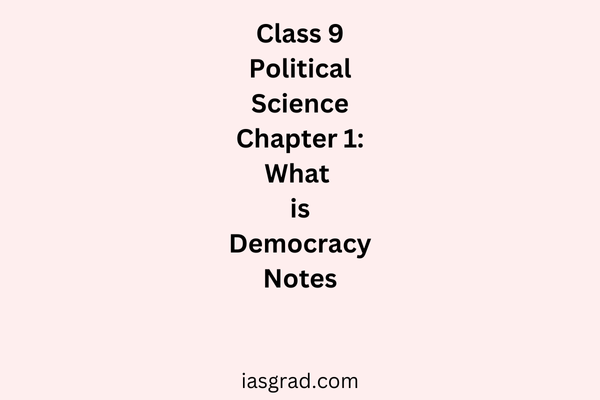Class 10 Polity Chapter 5: Popular Struggles and Movements Notes
Class 10 Polity Chapter 5: Popular Struggles and Movements Notes In a democracy, people’s participation is essential, and movements and protests play a crucial role in bringing change. This chapter explores how pressure groups, interest groups, and mass movements influence political decisions, using case studies like Nepal’s struggle for democracy and Bolivia’s Water War. Introduction […]
Class 10 Polity Chapter 5: Popular Struggles and Movements Notes Read More »
